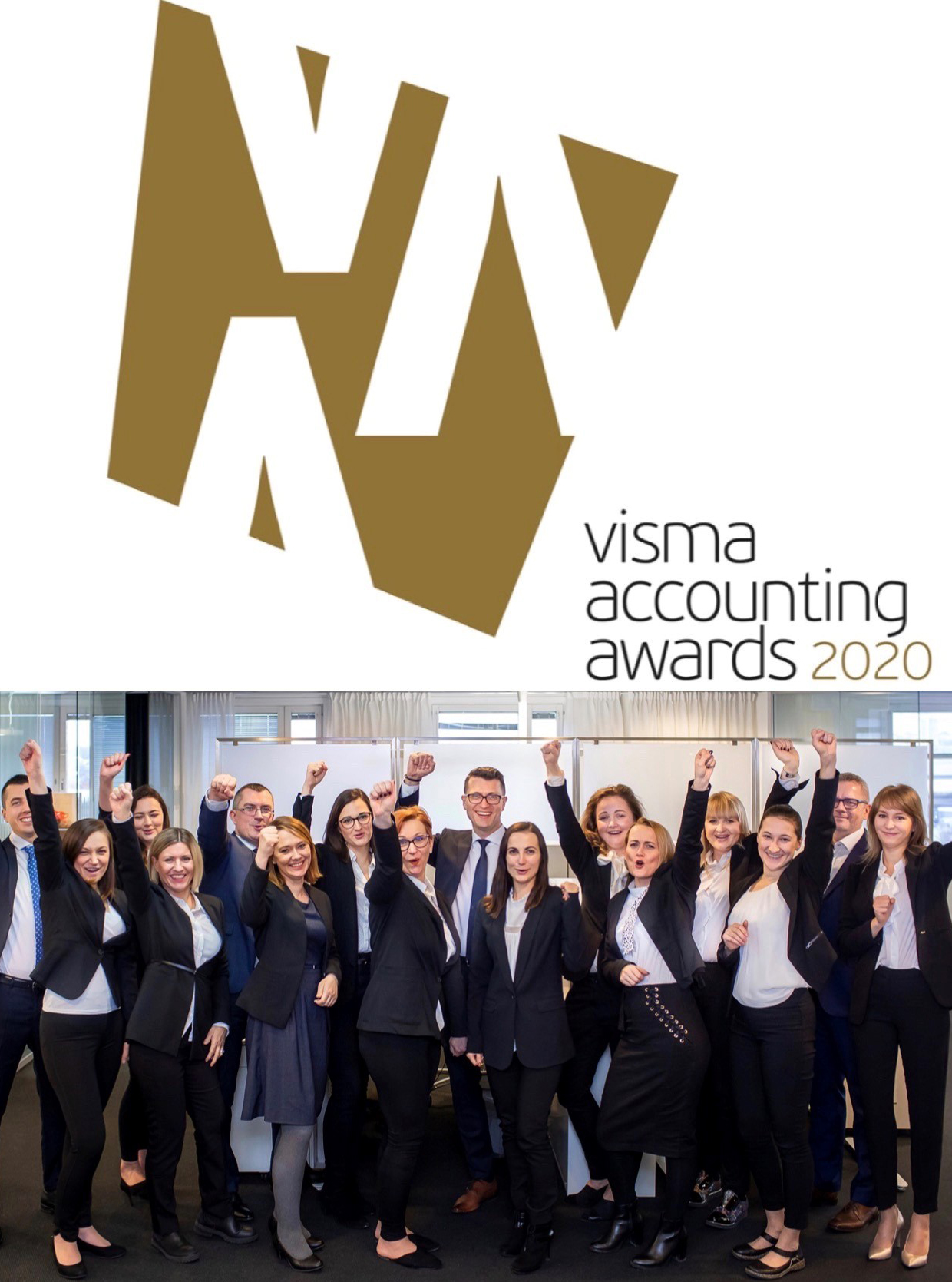Help with starting a business in Sweden
At KAM Redovisning AB, a Sweden-based accountancy and business consultancy, we offer tailored support for entrepreneurs and small businesses from the UK looking to enter the Swedish market. Whether you’re a freelancer, SME or scaling enterprise, we provide expert guidance throughout the entire process – from choosing the right legal structure to registration, tax compliance, and local obligations.
We understand that operating in a new country involves more than just paperwork. Our English-speaking advisors make sure you understand every step and feel confident in your decisions. With us, there’s no guesswork – just clear, reliable advice based on two decades of experience working with international clients.
Types of business entities in Sweden
There are several legal forms of business you can choose from in Sweden:
- Sole Proprietorship (enskild näringsidkare) – this is the easiest and most accessible form to start. You don’t need capital or business partners. The business is not a legal entity and you are personally liable for all obligations.
- Limited Company (Aktiebolag, AB) – the company is a legal entity and shareholders are not personally liable for the company’s debts. It’s one of the most common forms of business in Sweden.
- Partnership (enkelt bolag) – at least two individuals run a business together without creating a legal entity. Both partners are personally liable for the business.
- Trading Partnership (Handelsbolag, HB) – this is a legal entity requiring annual financial statements and reporting.
- Limited Partnership (Kommanditbolag, KB) – similar to HB, but with at least one partner whose liability is limited to their investment. Annual financial reporting is also mandatory.
- Branch (Filial) – if you already run a company in the UK, you can open a branch office in Sweden. It operates under Swedish law, requires a local representative, and must maintain separate bookkeeping – but it is not an independent legal entity.
There are also specialist forms such as economic associations, foundations, and European Companies (Societas Europaea), which may be relevant for certain sectors. We’ll help you assess which model is best for your business.
Who can start a business in Sweden?
As a UK citizen, you can still start a business in Sweden, though some additional requirements apply following Brexit. You will typically need:
- A valid residence permit or right to reside in Sweden
- Proof that you can support yourself financially
- A clear business plan that meets local standards
We can advise you on what’s required based on your individual situation and help with communication with Swedish authorities such as the Migration Agency (Migrationsverket).
How to Register a Company in Sweden
Setting up a business in Sweden involves three main steps:
- Choose the right structure – We’ll help you evaluate the best legal form for your activities, risks and growth plans.
- Register with Bolagsverket (the Swedish Companies Registration Office) – Mandatory for most company types. For sole traders, it’s optional but recommended to protect your business name.
- Register with Skatteverket (the Swedish Tax Agency) – You’ll need to apply for F-tax status (business income tax) and, if applicable, VAT. If you plan to hire staff, your company must also register as an employer. For those running a side business while employed, FA-tax status is required.
Responsibilities of a business owner in Sweden
Running a business in Sweden means complying with local laws and handling administrative tasks, such as:
- Opening a Swedish business bank account – Required for company operations and to deposit share capital (for limited companies). A personal ID number (personnummer) simplifies this process.
- Registering with relevant authorities – Including Bolagsverket, Skatteverket and Försäkringskassan (the Swedish Social Insurance Agency).
- Filing tax returns and paying contributions on time – This includes income tax prepayments, VAT, and employer-related taxes.
- Keeping proper financial records – Clear and organised bookkeeping helps prevent issues during audits or reviews by tax authorities.
- Reporting changes promptly – Any change to your business details (address, ownership, activity, etc.) must be updated with all relevant institutions.
Start your Swedish business with confidence
With over 20 years of experience supporting international clients, KAM Redovisning AB is your trusted partner on the ground in Sweden. We simplify the process, handle the details, and make sure your business is compliant from day one. Whether you’re setting up as a sole trader or launching a full-scale company, we’re here to help.



